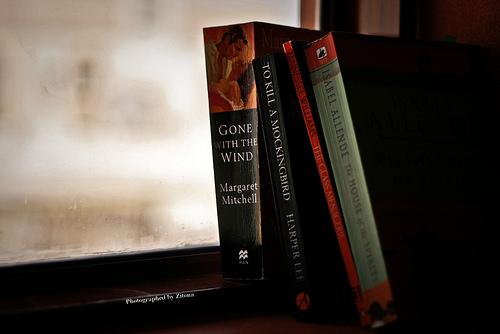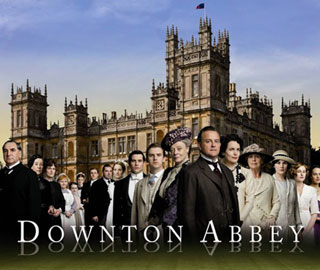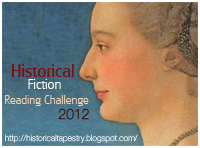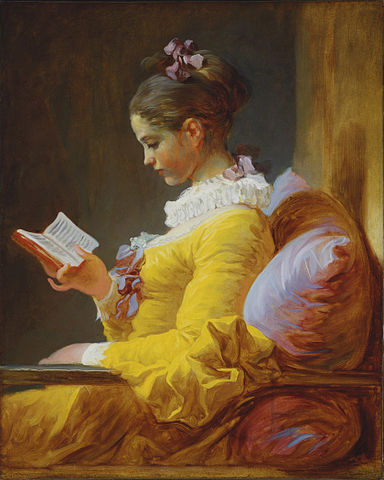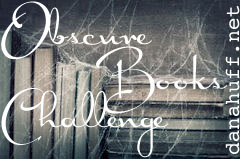
- What’s your favorite time of day to read? I can’t say that I have one. I read when I have the opportunity.
- Do you read during breakfast? (Assuming you eat breakfast.) I don’t really eat breakfast, but I do read on the bus in the morning on the way to work. If I am eating alone in a restaurant, I will read.
- What’s your favorite breakfast food? (Noting that breakfast foods can be eaten any time of day.) I guess it would be bacon. Love good bacon.
- How many hours a day would you say you read? If I am really into a book, I might read it all day, but on average, I’d say one to two hours.
- Do you read more or less now than you did, say, 10 years ago? Much more. I know there’s no way I read anything close to 50 books in 2001, for instance.
- Do you consider yourself a speed reader? Not really. I have learned to read faster than I used to, but I wouldn’t describe myself as a speed reader at all.
- If you could have any superpower, what would it be? I would like to fly. I think flying would be so cool. First, it cuts down on travel time because you aren’t bound by roads. Second, you’re flying.
- Do you carry a book with you everywhere you go? Only if I suspect I will have time to read. I bring one back and forth to work so I can read on the bus. I always bring one if I think I’m going to wait, but I don’t bring one to, say, the grocery store.
- What KIND of book? Whatever I’m reading at the time. Lately it’s been my Kindle.
- How old were you when you got your first library card? I honestly don’t know. I think maybe second or third grade, but I couldn’t say for sure.
- What’s the oldest book you have in your collection? (Oldest physical copy? Longest in the collection? Oldest copyright?) Another one I have no idea about. I do have a dinosaur book that I have owned since I was in second or third grade. That’s probably the longest in the collection. I am not really a book collector.
- Do you read in bed? Pretty much every night.
- Do you write in your books? Sometimes. Depends on the book. I highlight notes in my Kindle a lot. I only rarely write in paper novels, but I almost always write in professional (education) books I read.
- If you had one piece of advice to a new reader, what would it be? Read what you like. Don’t worry that other people don’t like it or think it’s not “good” literature. It’s more important to find enjoyment in reading than to allow someone’s opinion of what you read turn you off all the good books you could be enjoying. At the same time, be open to reading books you might not think you’re necessarily interested in. You might find you like them.
- What question have I NOT asked at BTT that you’d love me to ask? (Actually, leave the answer to this one in the comments on this post, huh? So I can find them when I need inspiration!) I have had a blog post in the hopper for some time about literary crushes, but I haven’t ever finished it. Maybe I would if it were an official BTT prompt.
photo credit: » Zitona «
